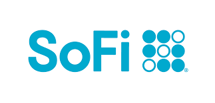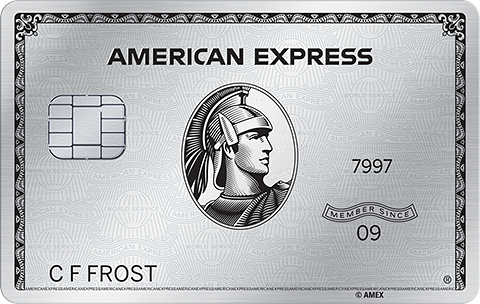These Are the Only 2 Reasons I'd Ever Open a CD

Image source: Getty Images
Some people treat CDs as if they're a sure bet for everyone. They're not.
CDs are safe, because they're FDIC-insured and their interest rates are fixed. You're guaranteed to make money, as long as you don't cash out early.
Yet CDs only make sense in certain situations. Here's when I'd consider opening one -- and why I'd skip it otherwise.
1. When I'm saving for a specific near-term goal
Let's say you plan to buy a home in three years, or you know you'll need $20,000 for a wedding or tuition payment. That's when a CD shines.
CDs lock in your money for a set term, typically between three months and five years. The interest rate is fixed for the whole term, but if you withdraw your money early, you'll pay a penalty. That means they help protect your savings from temptation and market volatility.
If you're sure you won't need the cash before the CD matures, it can be a smarter choice than a savings account, whose rate can change at any time. You may earn a higher APY, and you'll also be protected from interest rate cuts -- and more of those are expected soon.
Just be sure to compare the best CD rates before you commit.
2. When I'm near (and in) retirement
CDs also make sense later in life, when you want to shift from growing your wealth to preserving it. Once you're within about five years of retirement, stock market drops can do major, potentially permanent, damage to your savings (this is called "sequence risk").
That's why people who are near retirement (or retired) may want to move some money into safe assets like CDs. You can use CDs for the cash you'll need within the next few years, while the rest of your portfolio can stay invested for long-term growth.
Why I don't use CDs for anything else
Beyond those two cases, I don't see much use for CDs. Here's how I divide my money instead:
- Emergency fund: I keep six months' worth of expenses in a high-yield savings account (HYSA). Having instant access to that money matters more than a little extra interest.
- Long-term growth: Everything else goes into my 401(k) and Roth IRA, and about 90% of that money is invested in stock funds. Over decades, that's how you build real wealth.
CDs fall in the middle: too restrictive for emergencies, too conservative for long-term growth. They can be great tools when you know you'll need the money soon, or when you need to reduce your risk. But if your time horizon is five years or more, you'll almost always come out ahead by investing.
Where to put your money instead
For any cash you may need within the next few years, look to a high-yield savings account. Right now, the best HYSAs have APYs similar to CDs.
One of our favorites is the SoFi Checking and Savings (Member FDIC) account, which pays an annual percentage yield (APY) up to 4.50% with direct deposit. And there's a limited-time offer: Earn up to $300 and +0.70% Boost on Savings APY with direct deposit. Terms apply.
To learn more and open an account, see our full SoFi Checking and Savings (Member FDIC) review.
SoFi Checking and Savings
On SoFi's Secure Website.

On SoFi's Secure Website.
- Competitive APY on both Savings and Checking
- No monthly account fee
- Welcome bonus up to $300 (direct deposit required)
- ATM access
- Unlimited number of external transfers (up to daily transaction limits)
- FDIC insured (up to $3M with opt-in to SoFi Insured Deposit Program)
- Early access to direct deposits
- Tools to help you track savings goals
- Combo account only; no stand-alone savings or checking
- Maximum Savings APY requires direct deposit
- No branch access; online only
- Overdraft protection requires monthly direct deposit minimum
For those who plan to set up direct deposit with their new account, we think SoFi Checking and Savings (Member FDIC) is hard to beat. Not only does this savings account offer a strong APY, but the linked checking account earns an above-average rate, too -- which is a rare perk. Plus, new customers earn a bonus of up to $300 with eligible direct deposit. Frankly, it's the kind of combo that could make it worthwhile to switch banking relationships.
As for your long-term investments, you want to start with an individual retirement account (IRA), which has major tax benefits for retirement savings. The best IRA brokers charge no commission fees to buy and sell stocks, and some even match a small percentage of your investments -- that's free money.
Our Research Expert


